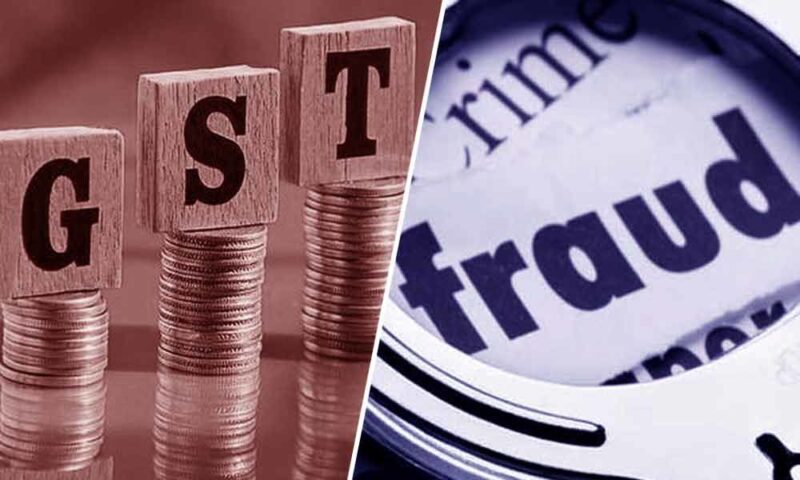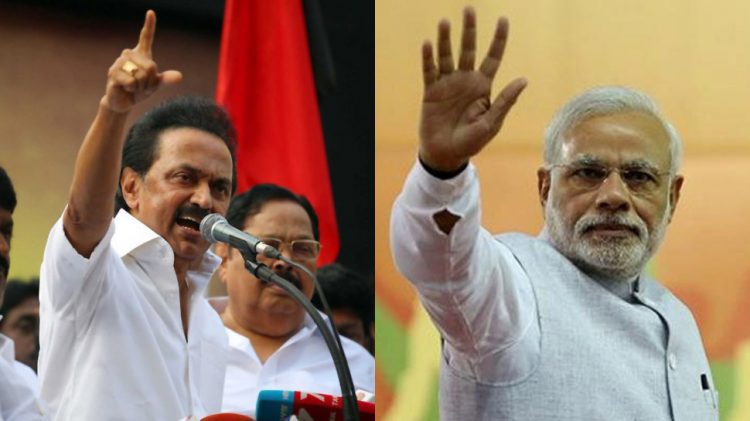The data of the state commercial tax department suggests that state GST officials have detected fake billing transactions to the tune of Rs 32,310 crore in Gujarat till December 2021.
Ever since the Goods and Services Tax (GST) regime was rolled out in July 2017, The state government as well as the Centre are introducing policy measures to plug loopholes but the constantly changing modus operandi has only led to a surge in the number of cases reported year after year.
Inside sources also attributed the huge chunk of cases reported in Gujarat is due to the collusion of law breakers with certain section of law enforcements offers in Gujarat
Thanks to this fake billing scams have continued to drain government coffers in Gujarat.
About 1,875 shell companies were involved in various cases that led to the draining of Rs 4,264 crore from government coffers through fraudulent claims for input tax credit (ITC).
Top sources said the biggest policy loophole is the grant of GST registrations without any physical verification of the location of the businesses.
“Even though the GST Council plugged this loophole in December 2020 by making physical verification mandatory for giving GST registrations, the lack of staff in the department is making physical verification for all applicants tough,” inside sources said.
Milind Torwane, the state commercial tax commissioner, said: “After the GST came into effect, a lot of scamsters have exploited policy loopholes for wrongdoing.”
Torwane added: “As more of these scams surfaced and the modus operandi kept changing, more teams were deployed to detect scams.”
From April to December 2021, about 1,172 cases of fake billing were detected by the state authorities. That shows a 67% jump in cases over the numbers of the previous three years combined (2018-19, 2019-20, and 2020-21), during which about 703 cases of fake billing scams were detected, stated officials of the SGST department.
SGST officials attribute the surge in cases to more detection as well as to people taking undue advantage of policy loopholes.
However, SGST officials have come up with a slew of measures for effective detection.
“Recently, about 39 mobile squads have been deployed at check posts and toll booths to keep a tab on inter-state movement of goods,” said Torwane.
“These teams are given leads from the back office where a control room is operational 24×7.”
Torwane added: “The SGST department is also keeping a close eye on sensitive commodities for which tax evasion is possible. Besides, eway bills generated are also tracked by the department.”









